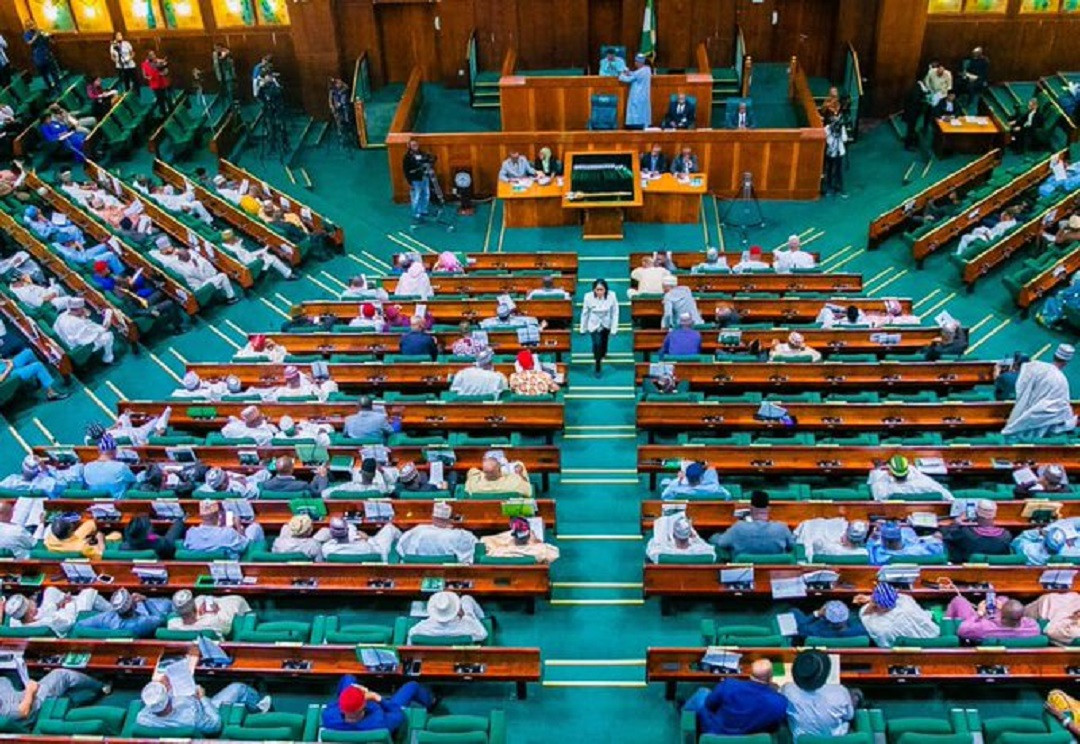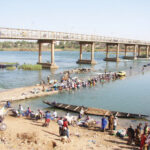The enthusiasm by lawmakers to railroad the National Water Resources Bill 2020, through the House of Representatives has met with, not just stiff resistance, but an outcry of disapproval from stakeholders.
The Executive Bill is tagged ‘An Act to establish a regulatory framework for the water resources sector in Nigeria, provide for the equitable and sustainable development, management, use and conservation of Nigeria’s surface water and groundwater resources; And for Related Matters…”
- Senators vow to reject Water Resources Bill
- World Water Day: How residents depend on boreholes, water vendors
Those who drafted the 78-page bill enunciated 16 objectives, some of which include ‘Citizens’ right of access to safe water and basic sanitation; meeting the basic human needs of present and future generations; promoting equitable and affordable access to water and reducing poverty; protecting the water environment for sustainability of the resources and protection of aquatic ecosystems, and recognising the polluter pays principle; promoting the efficient, sustainable and beneficial use of water in the public interest, etc.”
Apparently, these objectives are crucial and a product of brilliant paperwork, but it is music to the ears of Nigerians because of the failure of governments to implement well-crafted policy objectives and strategies over the years. Literature on water resources in the country indicates that after deliberate steps by governments in the 1970s and 1980s, which led to the construction of multipurpose dams, subsequent governments have paid lip service to water resources. The dams were “To control flood, provide water for domestic and industrial uses, control riparian rights releases and for the environment, hydro-power generation, fishing, livestock, inland waterways and irrigated agriculture among others.” At that time, 200 dams were constructed, targeting 340,000 hectares of irrigated land. Most of these dams were mismanaged or abandoned, frustrating the objectives for which they were built. Now, not more than 20,000 hectares of land is irrigated.
Today, there is no infrastructure to support the regulatory role that the bill is meant to give to the Federal Ministry of Water Resources. In many parts of the country, water boards exist in name, just to enable civil servants to receive salaries for idleness. In a typical city, like Abuja, the population that accesses water from the FCT Water Board may not be up to 30 per cent. The situation is worse in the rural areas, where peasants depend on water from ancient streams, ponds and rivers for drinking and domestic use. Most boreholes constructed under the National Assembly constituency projects have failed due to inherent corruption in project execution. Nigerians depend on self-help, drilling boreholes for households and communities. Government has not added enough value to the natural water resources to the benefit of the population. At most, its efforts have been plagued by inefficient operations, inadequate maintenance, financial losses and unreliable service delivery.
The bill is derived from the 2004 National Water Resources Policy document, which was prompted by the ideals set by the defunct Millennium Development Goals (MDGs). But in the last 16 years, the ministry has done little to communicate and sensitise the people to the imperative of policy changes. First, the bill is inconsistent with the current federal structure which gives governors the prerogative, under the Land Use Act, to manage land resources, including water, in their territories.
Though promoters of the bill have argued that the law affects interstate water bodies, in reality, most water bodies are tributaries of rivers Niger and Benue, and as noted, this policy would affect about 20 states. In Nigeria, as in many other parts of the world, water resources management is a sensitive issue, such that prophets of doom have spread the fear that the ‘third world war would be about the control of water resources.’ Worse still, the tone of the bill signals government’s intention to commercialise water resources; a step that will lead to outcries across Nigeria. Such a law cannot be promulgate in haste.
The bill is not mature enough to be passed into law. We cannot build something on nothing. The Federal Ministry of Water Resources should work with state governments and ensure the infrastructure that can sustain it is put in place. Government needs to do a lot of groundwork, including sensitising stakeholders and adjusting the contents of the bill, based on their input. This requires a lot of hard work, not just paperwork.

 Join Daily Trust WhatsApp Community For Quick Access To News and Happenings Around You.
Join Daily Trust WhatsApp Community For Quick Access To News and Happenings Around You.


